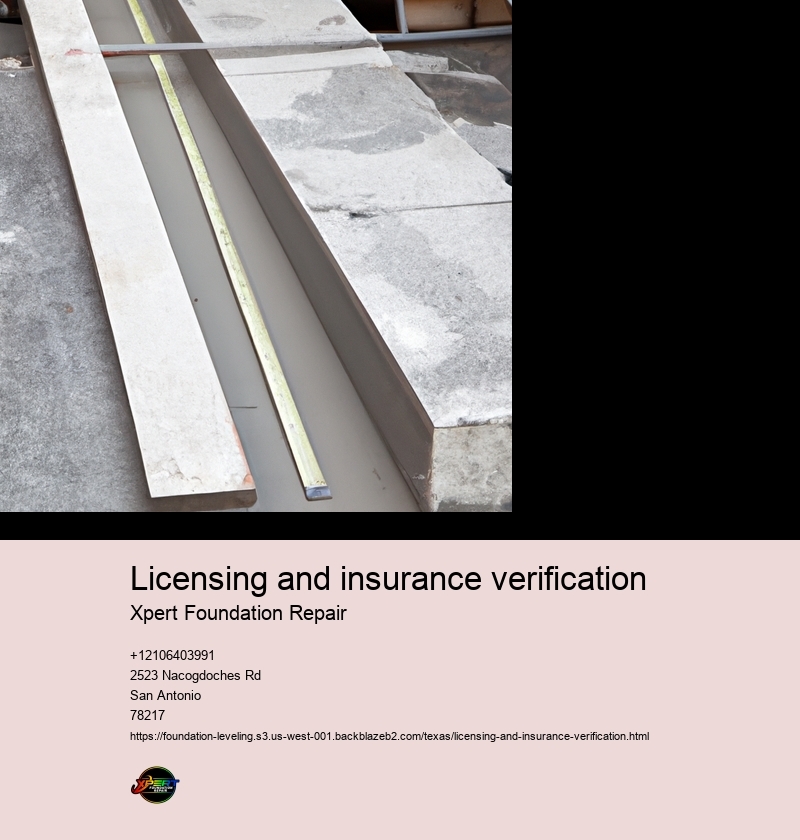Licensing and insurance verification
Licensing and insurance verification are crucial processes in various industries to ensure that individuals and businesses are operating legally, safely, and within the bounds of their professional capabilities. These mechanisms serve as protective barriers for consumers, companies, and professionals alike by establishing a standard of practice that must be upheld to avoid legal repercussions and maintain public trust.
Licensing is the process through which governmental agencies or professional bodies authorize individuals or entities to undertake certain activities or provide specific services. This permission comes after the applicants have met predetermined criteria, which often include education requirements, passing grades on professional exams, and adherence to ethical standards. For instance, medical doctors must obtain a license from a medical board before they can practice medicine. This ensures that anyone who claims to be a physician has been thoroughly vetified for their educational background, knowledge, skills, proficiency in patient care, and understanding of healthcare laws.
Similarly, contractors need licenses to perform construction work; lawyers require bar admissions to practice law; accountants seek certifications such as Certified Public Accountant (CPA) status before offering financial services. Licensing acts as a filter that separates qualified professionals from those who might lack essential training or integrity. Moreover, it provides recourse for consumers; should licensed professionals act negligently or unethically, they can be held accountable by their licensing boards through disciplinary actions including fines or revocation of their license.
On the other hand, insurance verification is an equally important measure aimed at confirming whether an individual or business maintains adequate insurance coverage for the activities they are engaged in. Insurance serves as a risk management tool designed to protect both service providers and clients from potential financial losses due to accidents, malpractice claims, property damage incidents etc., depending on the type of policy held.
For example: When you visit a doctors office or hospital for treatment you may notice staff verifying your health insurance details before any medical services are rendered. They do this not only to determine your eligibility for services based on your health plan but also to ensure that the healthcare provider will receive compensation for their services without undue delay or complication.
Insurance verification extends far beyond healthcare settings though; virtually every industry relies upon some form of insurance verification process. Auto insurance must be verified before one can register a vehicle; homeowner's insurance is checked during mortgage processing; business liability policies are reviewed when companies enter into contracts with each other.
This step protects all parties involvedensuring that should anything go wrong there's an avenue through which damages can be compensated without leading directly to personal bankruptcy or crippling debt burdens on either side of an agreement.
In summary licensing and insurance verification function together as integral components of regulatory compliance frameworks across sectors. Licensing establishes baseline qualifications while providing accountability measures against malpractice whereas insurance offers financial security nets mitigating risks associated with unforeseen events thus fostering safer environments where commerce community welfare thrive under watchful eyes dedicated oversight institutions ensuring fair play adherence established norms societal well-being.
